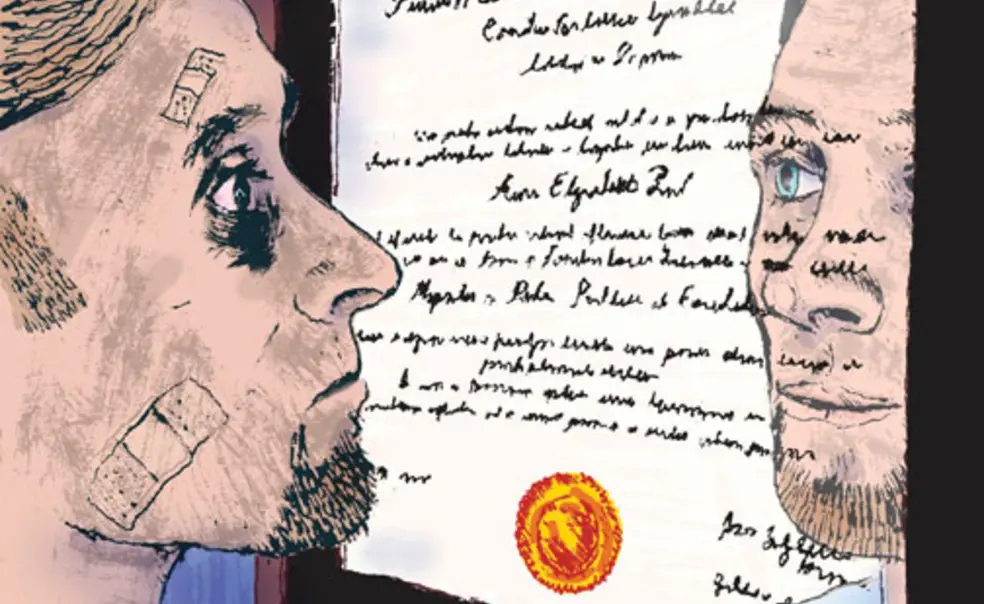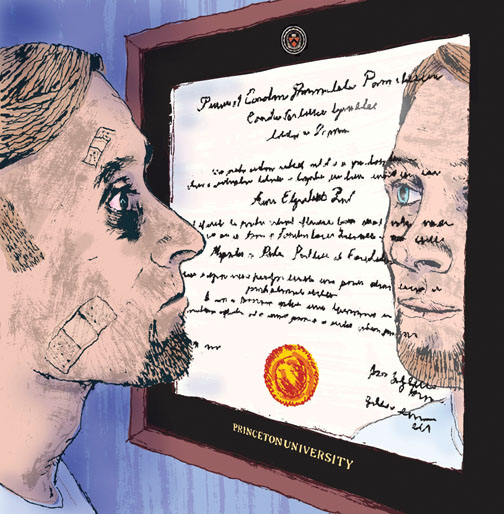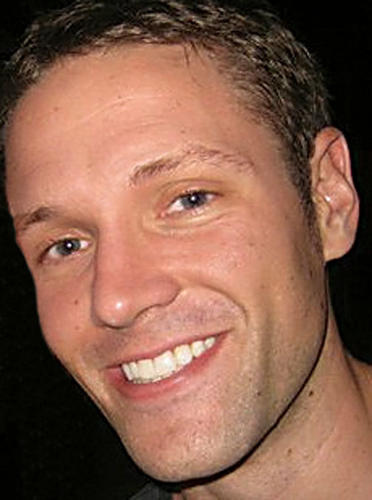No excuses: When a diploma is no match for a push
It took not much more than a deceptively light push, a step, and a surprisingly strong pull to send me tumbling to the mat. My opponent had been expecting more of me. He stood back and I picked myself up, and we clasped our hands behind each other’s necks again. I pushed and pulled, stepped to the left and writhed to the right — all to nudge him slightly off balance so I could throw him down by quickly pulling on his neck.
It’s known as “the clinch” — stand-up grappling that’s allowed in muay Thai, the kickboxing style and national sport of Thailand. It’s similar to what Western boxers do when they throw their arms around each other for a moment before being separated by the referee. In muay Thai, though, the referee gives the fighters free rein to throw knees and elbows and try to throw each other to the ground.
My opponent was Ivan, whose real name is Mika. I call him “Ivan” because his real name seems to evoke the image of a Japanese woman, whereas Ivan is bald and intimidatingly pale in the manner of eastern Europeans. One could imagine him sleeping on a sheet of ice. He is a professional muay Thai instructor who trains in Thailand for a few months each year.
I had ended up on the mat after the last bout. I smacked the mat and got up again to face him, a well-meaning grin on my face, as if to say: “That was pretty good; you’re obviously much better than I am. But of course you are, because you own a muay Thai gym and it’s only my second week of training.”
“You are a pussy,” said Ivan.
This, I believe, was Ivan’s attempt at tough love. It wasn’t because I was bad, but because he thought I was going easy and he wanted to get my ire up. Some criticism is ineffective if delivered constructively.
“Come on,” he said. “I will not break.”
That much was obvious.
It’s true that I wasn’t going all out in the grappling, partially because I was concentrating on the technique and partially because I knew it would be futile to increase the intensity against a superior fighter. If I struggled harder, he would struggle harder — and he would just throw me down harder.
A similar thing happened when I sparred with a guy two inches taller than I with abs like a waffle turned inside out. I tried to slow things down and minimize the damage I inevitably would take from a stronger and more experienced fighter. He got annoyed that he wasn’t getting a good workout, started experimenting with some more creative attacks, and eventually caught me with a spinning backfist.
This is not to say that I’m excessively cautious in every match — just when I’m faced with someone superior and there are black eyes on the line.
In the aftermath of these embarrassing defeats, riding home with sore shins and bruised forearms, I have found that I’m not preoccupied in what would seem to be the normal way — by imagining another fight in which I deliver crushing uppercuts and unblockable kicks to the midsection. Instead, I’ve often found myself shifting the entire matchup to a forum in which I’m more confident: a debate.
There, clenched jaws and furrowed brows are replaced by thoughtful head nods and furrowed brows. In my mental dialogue, I explain to my opponent that it doesn’t make sense for me to try to hit him harder, as it will only force him to do the same. I’ll have to respond in kind. So will he. It’s a classic arms race, except that it’s not worth entering for me because I already know he’s got the larger arsenal. My opponent is left speechless by the unanswerable logic of my argument. This is how I cope with my unattainable desire to land a few punches.
At some point during the ride home, a certain thought begins scratching at the walls in the back of my mind. I try to ignore it whenever it arises, but I know it’s there. This is the sweetly comforting thought that, no matter what the setback, at least I graduated from Princeton.
OK, I suppose I could have been thinking of something worse. It’s relatively harmless compared to other defense mechanisms. I know my degree is something to be proud of, and at least it shows that I have worked hard at something and succeeded. However, I always feel ashamed of myself when I fall back on my diploma for solace because I face some new difficulty.
After a hard blow to self-esteem, the Princeton degree can deploy like a psychological airbag that prevents the ego from being totally crushed. But while an airbag can save one from more serious harm, its impact can injure as well. Likewise, each time that mental airbag goes off, it protects the ego but weakens the character. The impact is deflected from pride, but fortitude takes the hit.
So whenever that idea arises, I try to remind myself to meet challenges on their own terms: to learn to beat kickboxers at kickboxing rather than debating. I try to think of my diploma as proof that I can achieve something after working hard for it, but resist becoming complacent. And when I catch myself on the bike ride home seeking comfort in my degree, I feel the same unease I used to feel during the final minutes of basketball games as the home crowd chanted, “Safety school!” when we were 12 points down against Penn.
Nathan Edgerton ’07 is a writer based in Chiang Mai, Thailand.














No responses yet